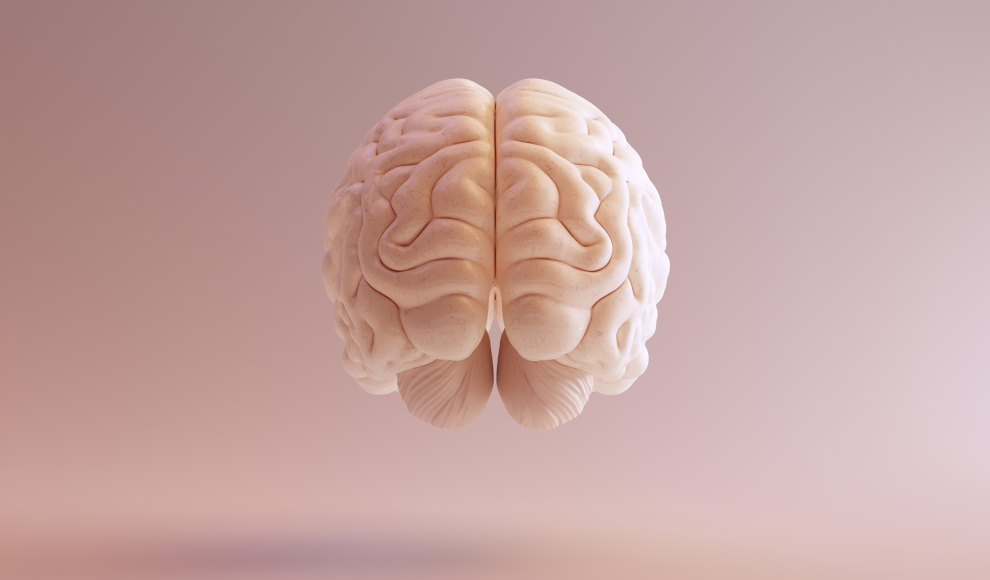New Study Reveals Reasons for Differences in Memory Performance
The memory performance of different individuals varies significantly, and researchers have now discovered the reasons behind this phenomenon. Although it is known in science that certain brain regions are essential for memory functions, it was previously unclear whether differences in their activity levels were the reason for individual memory capacity. Researchers at the University of Basel have therefore conducted the world’s largest functional imaging study on memory, with nearly 1,500 participants aged 18 to 35.
The participants were asked to view and remember 72 images, while the researchers recorded their brain activity using magnetic resonance imaging (MRI). The participants were then asked to recall as many of the images as possible, and there were significant differences in memory performance. The analysis of the study data shows a direct connection between the activity of certain brain regions, including the hippocampus, and the memory process and subsequent memory performance. Individuals with better memory showed stronger activation of these brain regions.
Furthermore, the researchers identified functional networks in the brain that were associated with memory performance. These networks consist of different brain regions that communicate with each other to enable complex processes such as information storage. The results of the study are of great importance for future research that aims to link biological properties such as genetic markers with brain signals.
In conclusion, this study sheds light on the reasons behind differences in memory performance among individuals. The findings provide a better understanding of how variations in brain activity levels affect memory capacity. The study also highlights the importance of functional networks in the brain for memory processes and opens up new avenues for future research.










